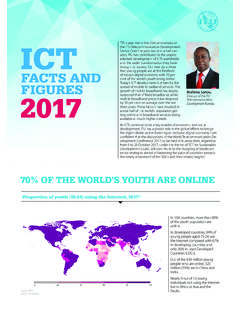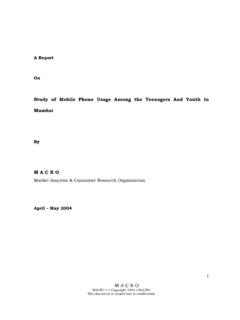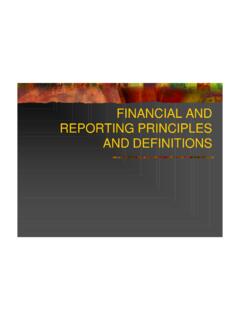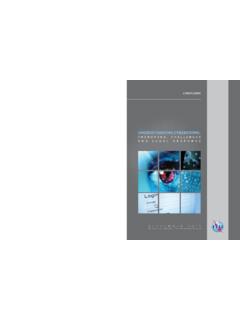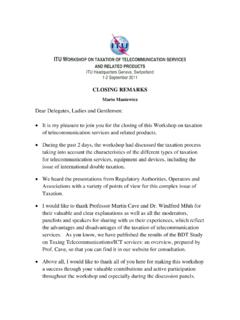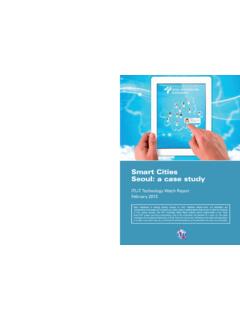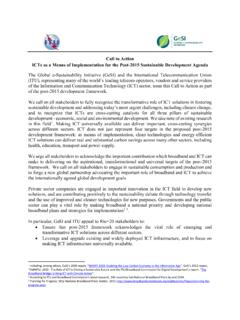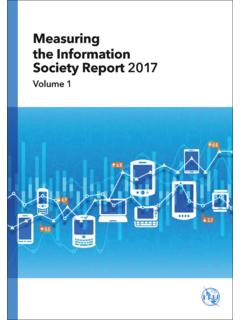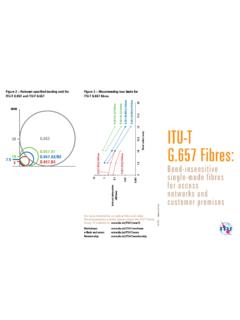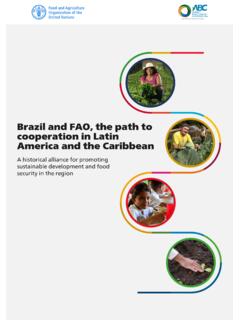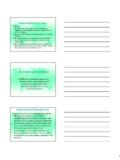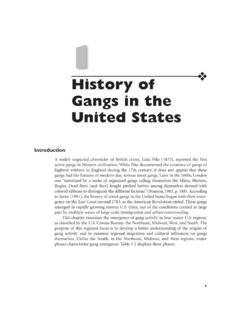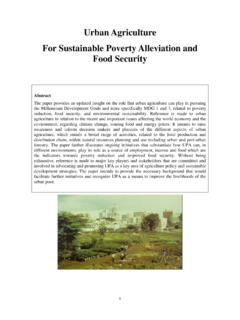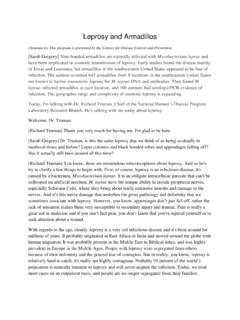Transcription of The Global E-waste Monitor 2020
1 Authors: Vanessa Forti, Cornelis Peter Bald , Ruediger Kuehr, Garam Bel Contributions by: S. Adrian, M. Brune Drisse, Y. Cheng, L. Devia, O. Deubzer, F. Goldizen, J. Gorman, S. Herat, S. Honda, G. Iattoni, W. Jingwei, L. Jinhui, Khetriwal, J. Linnell, F. Magalini, Nnororm, P. Onianwa, D. Ott, A. Ramola, U. Silva, R. Stillhart, D. Tillekeratne, V. Van Straalen, M. Wagner, T. Yamamoto, X. ZengQuantities, flows, and the circular economy potentialSupporting Contributors:The Global E-waste Monitor 202023 The Global E-waste Monitor 2020 Quantities, flows, and the circular economy potentialAuthors: Vanessa Forti, Cornelis Peter Bald , Ruediger Kuehr, Garam BelContributions by: S.
2 Adrian, M. Brune Drisse, Y. Cheng, L. Devia, O. Deubzer, F. Goldizen, J. Gorman, S. Herat, S. Honda, G. Iattoni, W. Jingwei, L. Jinhui, Khetriwal, J. Linnell, F. Magalini, Nnororm, P. Onianwa, D. Ott, A. Ramola, U. Silva, R. Stillhart, D. Tillekeratne, V. Van Straalen, M. Wagner, T. Yamamoto, X. Zeng4 Copyright and publication information5 Contact information: For enquiries, please contact the corresponding author Bald via Please cite this publication as: Forti V., Bald , Kuehr R., Bel G. The Global E-waste Monitor 2020: Quantities, flows and the circular economy potential. United Nations University (UNU)/United Nations Institute for Training and Research (UNITAR) co-hosted SCYCLE Programme, International Telecommunication Union (ITU) & International Solid waste Association (ISWA), Bonn/Geneva/Rotterdam.
3 ISBN Digital: 978-92-808-9114-0 ISBN Print: 978-92-808-9115-7 United Nations University (UNU) is an autonomous component of the UN General Assembly dedicated to generating and transferring knowledge and strengthening capacities relevant to Global issues of human security, development, and welfare. The University operates through a worldwide network of research and training centres and programmes, coordinated by the UNU Centre in Tokyo. United Nations Institute for Training and Research (UNITAR) is a dedicated training arm of the United Nations, with a mission of developing the individual, institutional, and organizational capacity of countries and other United Nations stakeholders through high-quality learning solutions and related knowledge products and services to enhance Global decision-making and to provide support at the country level in overcoming Global challenges.
4 SCYCLE Programme, now in transition from UNU to UNITAR, envisions enabling societies to reduce the environmental load from production, use, and the disposal of ubiquitous goods and especially electrical and electronic equipment to sustainable levels by means of independent, comprehensive, and practical research and training, providing more thorough fact bases for policy development and decision-making. Therefore, SCYCLE activities are focused on the development of sustainable production, consumption, and disposal patterns for electrical and electronic equipment, as well as other ubiquitous goods.
5 SCYCLE leads the Global E-waste discussion and advances sustainable E-waste management strategies based on life-cycle thinking. For detailed information on SCYCLE and its projects, including its research and training activities, please visit and The International Telecommunication Union (ITU) is the specialized United Nations agency for information and communication technologies (ICTs), driving innovation in ICTs together with 193 member states and a membership of more than 900 companies, universities, and international and regional organizations.
6 Established in 1865, ITU is the intergovernmental body responsible for coordinating the shared Global use of the radio spectrum, promoting international cooperation in assigning satellite orbits, improving communication infrastructure in the developing world, and establishing the worldwide standards that foster seamless interconnection of a vast range of communications systems. From broadband networks to cutting-edge wireless technologies, aeronautical and maritime navigation, radio astronomy, oceanographic and satellite-based earth monitoring as well as converging fixed-mobile phone, internet, and broadcasting technologies, ITU is committed to connecting the world.
7 For more information, visit ISWA:The International Solid waste Association (ISWA) is a Global , independent and non-profit making association, working in the public interest promoting sustainable, comprehensive and professional waste management and the transition to a circular :The designations employed and the presentation of the material in this publication do not imply the expression of any opinion whatsoever on the part of the United Nations University (UNU)/ United Nations Institute for Training and Research (UNITAR), the International Telecommunication Union (ITU), or the World Health Organization (WHO) concerning the legal status of any country, territory, city, or area, or of its authorities, or concerning delimitation of its frontiers or boundaries.
8 Trademark names and symbols are used in an editorial fashion with no intention on infringement of trademark or copyright laws. Moreover, the views expressed in this publication are those of the authors and do not necessarily represent those of the UNU/UNITAR, ITU, or WHO, nor does citing of trade names, companies, schemes, or commercial processes constitute endorsement. We regret any errors or omissions that may have unwittingly been made. Maps, photos, and illustrations as publication is licensed by the United Nations University/United Nations Institute for Training and Research and the International Telecommunication Union under a Creative Commons Attribution Noncommercial-Share Alike IGO License.
9 Please take the time to learn more about Creative Commons. UNU/UNITAR and ITU, 2020. Your fair use and other rights are in no way affected by the Illustrations UNU/UNITAR SCYCLE -Nienke Hacco Credits Photos UNU/UNITAR SCYCLE -Yassyn Sidki6 Acknowledgments7 Innocent Chidi Nnororm (Abia State University) Africa Percy Onianwa (Basel Convention Coordinating Centre for the African Region) Africa Daniel Ott (RLG Americas) latin america Uca Silva (RELAC) latin america Ruweyda Stillhart (SOFIES) Policy & Legislation Africa and Southeast Asia Dulip Tillekeratne (CleanTech, GSMA) Policy & Legislation Africa and Southeast Asia Xianlai Zeng (Tsinghua University) East and Southeast AsiaDesign.
10 Nienke Hacco | Op de Kaart | Photography:Yassyn Sidki | Yassyn Sidki Photography | thanks to:Reed Miller (Yale University Center for Industrial Ecology), Giulia Iattoni (UNU/UNITAR), Vincent Van Straalen (Statistics Netherlands), Michelle Wagner (UNU/UNITAR), and Tales Yamamoto (Institute of Environmental Science Leiden University) for their support in data collection and analysis. The Organisation for Economic Co-operation and Development (OECD) and the United Nations Statistics Division (UNSD) for their collaboration in distributing questionnaires on E-waste to various Collins and Mijke Hertoghs (ITU) for their support in the launch of the publication and the media Global E-waste Monitor 2020 is a collaborative effort of the Sustainable Cycles (SCYCLE) Programme presently co-hosted by the United Nations University (UNU) and the United Nations Institute for Training and Research (UNITAR), the International Telecommunication Union (ITU)
